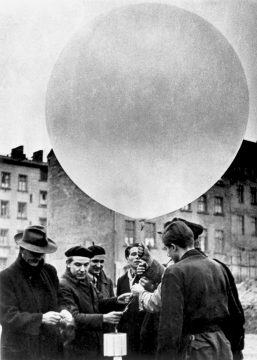Jonathan Freedland in the New York Review of Books:

When a pandemic is raging, it becomes harder to deny that rigorous, truthful information is a mortal necessity. No one need explain the risks of false information when one can point to, say, the likely consequences of Americans’ coming to believe they can deflect the virus by injecting themselves with bleach. (The fact that that advice came from the podium of the president of the United States is one we shall return to.) In Britain, Conservative ministers who once cheerfully brushed aside Brexit naysayers by declaring that the country had “had enough of experts” soon sought to reassure voters that they were “following the science.” In the first phase of the crisis, they rarely dared appear in public unless flanked by those they now gratefully referred to as experts.
So perhaps the moment is ripe for a trio of new books on disinformation. All three were written before the virus struck, before we saw people refuse to take life-saving action because they’d absorbed a baseless conspiracy theory linking Covid to, say, the towers that emit signals for 5G mobile phone coverage. But the pandemic might mean these books will now find a more receptive audience, one that has seen all too starkly that information is a resource essential for public health and well-being—and that our information supply is being deliberately, constantly, and severely contaminated.
More here.
